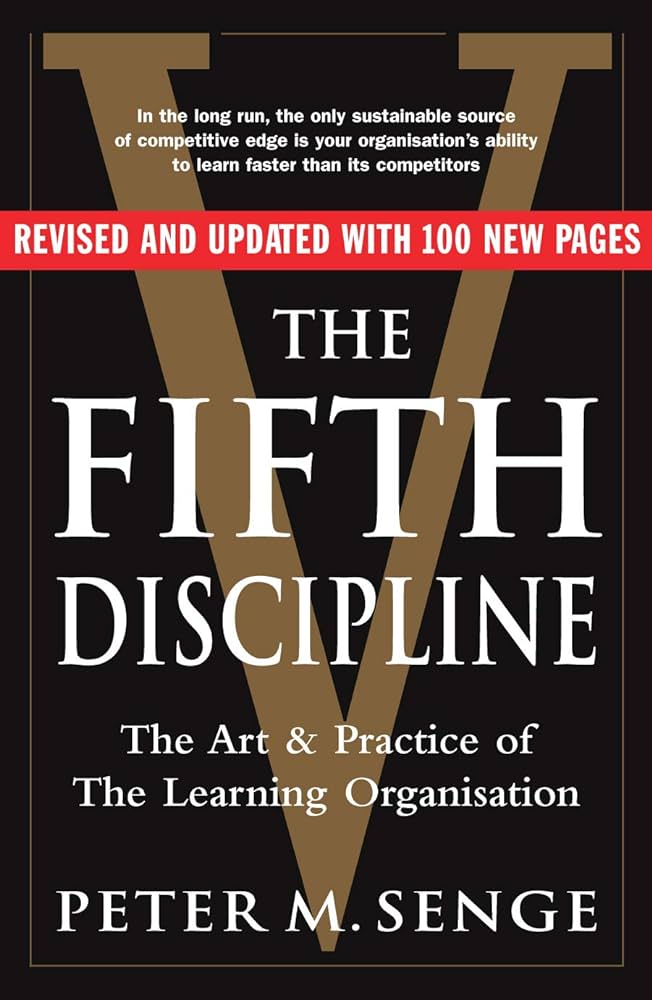Digital Leadership: Changing Paradigms for Changing Times – Second Edition
RATING


In the book Digital Leadership: Changing Paradigms for Changing Times, author Eric Sheninger explores the strategic mindset and behaviors required to create meaningful, transparent and engaging educational experiences. He discusses the importance of leveraging technology within education to breakthrough to students on various levels. Eric Sheninger is a senior fellow and thought leader on digital leadership and learning with the International Center for Leadership in Education. He is also a former middle school principal, which under his leadership became globally recognized for its innovative practices.
Digital Leadership is focused on successfully implementing and incorporating technology into the educational environment and then cultivating that environment to be as beneficial and positive as possible for the students. Sheninger details pillars of digital leadership in education that he believes allow leaders to create true and tangible change. He describes these pillars and methodologies for change via a few different avenues. The first is the importance to transform school culture by initiating sustainable change to engage students and keep a healthy environment. The second avenue is to use free social media tools to improve communication, enhance public relations, and create a positive brand presence. This is a pilar which is integral not just to education but also to the business and professional world. The next avenue is integrating digital tools into the classroom to increase student engagement and achievement. And the final pilar is to facilitate professional learning and provide access to new opportunities and resources. While the direct applications described in the book are focused on education, the parallels in application to the professional world are what compelled us to write a review. Due to the very real applicability and importance of effectively using technology for both employee development and business development we think that methodologies used to innovate in education have very potent applications in the business world too.
This book offers very tangible and accessible advice for those who are in the education field and are looking for new and innovative methodologies for incorporating technology into the classroom. Moreover, if you apply the same lines of thinking to business cases, a knowledge-based and learning-focused leadership style can aid in building a healthy culture of developing talent and business practices along with successful outreach campaigns to consumers.
While the book is well written and takes a unique perspective, when deducing it down to its core values, you can tell that the book is being written from the perspective of an administrator rather than at teacher. What this means when applying the same methodology to business practices is that the elements of tangible education and actual implementation vary significantly and are not always as clear cut and dry as they might appear for high level administrators in schools, or likewise for c-suite executives in a company.
Lead for efficacy in these disruptive times!
Cultivating a school culture focused on the achievement of students while anticipating change is imperative, but it’s tough to keep up with varying leadership demands when it seems like society and technology are constantly changing as well! Moving beyond the skills and tools introduced in the first edition, this revamped second edition features:
- New organization emphasizing the interconnectivity of the Pillars of Digital Leadership;
- Innovative strategies and leadership practices that enhance school culture and drive learning improvement;
- Updated vignettes from digital leaders who have successfully implemented the included strategies;
- New informative graphics and end of chapter guiding questions;
- An updated companion website with resources on leading during COVID-19.
For aspiring or emerging leaders and individuals who want to be on the forefront of innovative educational and business practices this is a valuable book to add to your repertoire. The importance of integrating and effectively incorporating technology into your methodology for educating and reaching out to people whether its students or our customers is invaluable.

See content on this topic


Sales training for front line along with basic development and coaching principles for line management.
Understanding how leaders must evolve with relation to the evolution of business models, new management models, and the significant changes to the workforce with Digital Natives now making up more than 50% of the workforce globally.
Understand the theory and mechanics of developing and managing a customer-centric and experience-driven corporate culture that is consistent and stable and includes elements of Employee Experience (EX) and Employee Relationship Management (ERM).
Understanding the evolution of leadership styles, management models, organizational structures, performance measurement and guiding change in the evolution of business models from product-centric to customer-centric and even relationship-centric.
Understand how to manage both internal and external digital transformation while considering the landscape for digital business models and the effect on traditional business models. Understanding organizational readiness for transformation and the role of corporate culture in managing transformations.
The changes in consumer behavior, employee behavior, and the evolution of business models in the digital age cause significant difficulties and imperatives for leaders who must develop new skills and evolve their leadership styles to be effective in this fast changing, challenging, and competitive environment.
Understanding how leaders must evolve with relation to the evolution of business models, new management models, and the significant changes to the workforce with Digital Natives now making up more than 50% of the workforce globally.
Understand how to manage both internal and external digital transformation while considering the landscape for digital business models and the effect on traditional business models. Understanding organizational readiness for transformation and the role of corporate culture in managing transformations.
The changes in consumer behavior, employee behavior, and the evolution of business models in the digital age cause significant difficulties and imperatives for leaders who must develop new skills and evolve their leadership styles to be effective in this fast changing, challenging, and competitive environment.
Understanding how to design & manage change/transformation programs in organizations of different sizes. This course will help any size team or organization to better deal with change & transformation on any scale.




 Copy Link
Copy Link
 E-mail
E-mail
 LinkedIn
LinkedIn
 Facebook
Facebook
 Telegram
Telegram
 WhatsApp
WhatsApp

















 Go Back
Go Back
Leave a Reply
You must be logged in to post a comment.